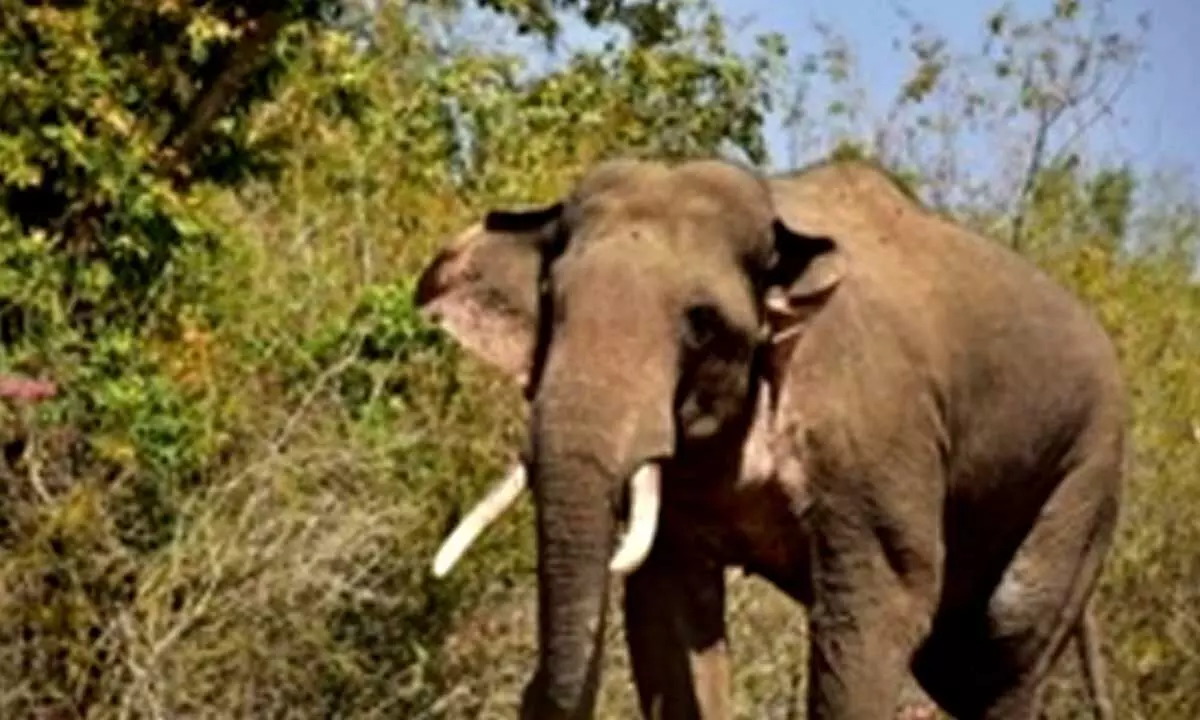Live
- Latur beneficiaries get affordable houses under PMAY, thanks Modi govt
- Rajasthan HC quashes FIR against Shilpa Shetty under SC/ST Act
- Santosh Trophy 2024: Odisha grab big win against Madhya Pradesh
- Innovation programmes to come up at 1,000 campuses in Kerala
- Chelsea's James Reece to miss match against Leicester due to hamstring injury, confirms Maresca
- Aim to design Tirumala into a planned model town'-TTD EO
- Maha records 65.11 per cent polling, highest in three decades
- Have no trust in pre-poll surveys- DKS
- The Rana Daggubati Show at IFFI 2024, Redefining Celebrity Talk Shows
- TN govt to reject Tungsten mining proposal in Madurai district: Forest Minister








